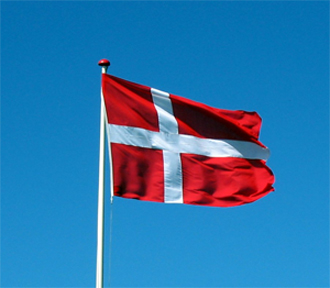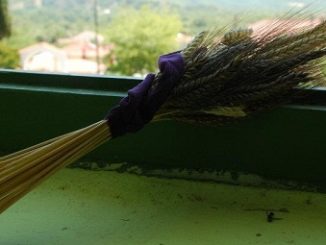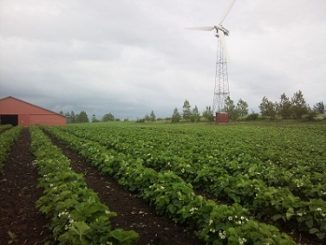A clear, simple and non-bureaucratic regulation, based on local solutions and flexibility, is the main ingredient in establishing a new balance between agricultural production and the environment. This is one of the suggestions made in the recently published midway report from the Danish Commission on Nature and Agriculture. In the report, it puts forth seven landmarks for sustainable development in Danish agriculture.

The Commission on Nature and Agriculture was established in September 2011 by the then newly-elected Danish government. The purpose of the Commission is to suggest ways to solve the structural, financial and environmental challenging facing agriculture and to point out how agriculture may contribute to improve climate, environment and nature.
The landmarks
Besides a revision of current regulation praxis, the landmarks are:
- creating more room for nature
- reducing emissions from agriculture in order to improve environment and climate
- integrating planning and management in agriculture in order to create locally based solutions
- increasing development of new technology
- professionalising and differentiate in order to support production of high value niche products
- increasing multi-disciplinarity in research and education in order to benefit both sales of agricultural products and the environment.
The most comprehensive of these landmarks, however, is the call for a more simple regulation, which would allow individual farmers to come up with solutions within the framework needed to reach future targets related to nature preservation and climate change impact reduction. Regulation should maintain a strong focus on demands to lower emissions and other environmental effects together with a cross-departmental understanding of regulation and its goals. All in all the suggestions will make regulation more cost effective and coherent, claim the members of the commission.
Suggestions welcomed
Overall, the suggestions from the Commission on Nature and Agriculture have been well received. Niels Jørgen Pedersen, chairman of the largest agricultural trade organization – the Danish Agriculture and Food Council – emphasises the combination of a more relaxed framework for regulation and the investments in sustainable technologies: “If the Commission follows the track they have laid and politicians subsequently act upon the recommendations, we estimate that Danish agricultural exports will be increased by 4 billion Euro in 2020”, he says.
The chairman of the agricultural “hardliner” organisation, Sustainable Agriculture, whose main purpose is to alleviate environmental demands on Danish agriculture, welcomes the suggestion from the Commission. “We expect politicians to implement the visions and the new strategy as quickly as possible”, says Vagn Lundsteen. “The thoughts about regulation are in line with our thoughts that it is the actual loss of nutrients to the environment that should be basis for regulation, instead of just prescribing the same cure to all nature areas, regardless whether there is a problem or not”. Vagn Lundsteen hopes that the recommendations will be taken into consideration before the implementation of the new plans for the water environment on December 22.
Evald Vestergaard, chairman of Organics Denmark, which organises a large part of the Danish organic farmers praises the intelligent environmental regulation, but wants the Commission to rethink support. Danish farmers annually receive approximately 1 billion Euro in direct support. “The farmers should be given a larger responsibility along with the increased freedom”, he says. “Quid pro quo is the new deal with society, and farmers should be paid to do something actively for nature”. Furthermore, Vestergaard thinks that the Commission’s midway report underestimates farmers: Farmers themselves are as important as new technology – and crop rotation, the right choice of crops and the farmers’ knowledge about soil fertility can contribute considerably to improving status for the environment and the climate, Evald Vestergaard points out.




